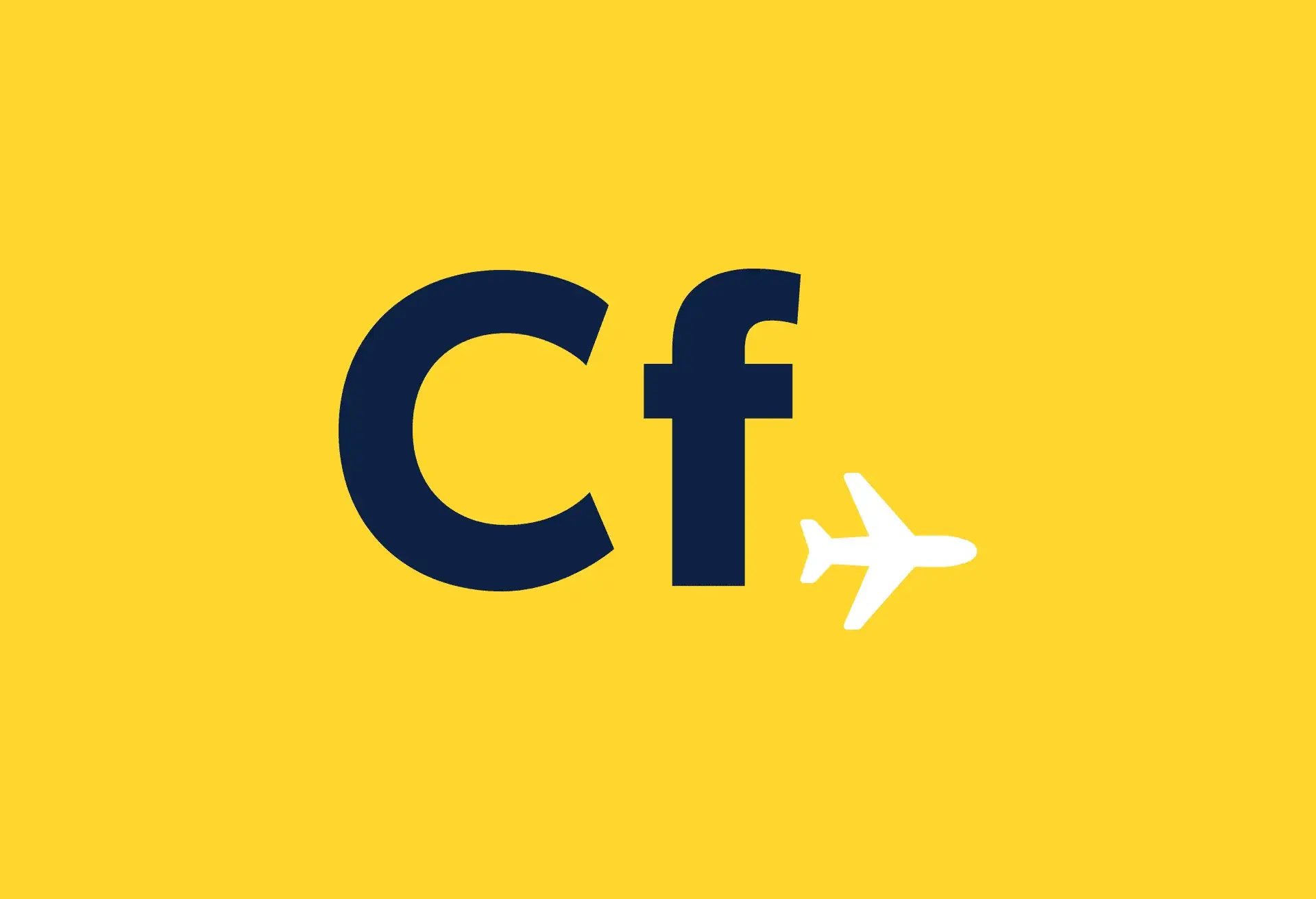Cheapflights’ CEO Hugo Burge writes:
“It is a little early to call time on cheap flights as some punters are prophesying. There are indeed headwinds: higher jet fuel prices – the average price last week for 2011 was $128.2per barrel putting $61 billion onto the industry’s bill over last year; also possible on-going economic turbulence which will impact disposable income (but could equally reduce oil prices as has happened this week and pressure on airfares). There’s also the US$1.4 billion cost of the proposed 2012 inclusion of the aviation industry in the EU carbon trading scheme on top of significant APD tax rises over the last few years in the UK. These are not helpful factors, but on balance, we believe prices are not likely to spiral up – they are unlikely to go down a lot either but prices are historically good value today and we believe cheap flights are here to stay.
“It is not time to give up on holidays abroad for the many ordinary people who work and like to get-away and relax, explore or soak up some rejuvenating sunshine. Cheap flights enhance our way of life and enhance the world we live in a way that was not possible for ordinary folks 40 years ago. De-regulation and low cost airlines have revolutionised short-haul air travel over the last 15 years and we cannot wind the clock back. New international airlines in the Middle East and those in developing countries are taking advantage of their lower cost bases to offer competitive international services. The growth in flying has grown enormously over the last 15 years in the UK/ Europe and we cannot expect this to continue. However, demand for global air travel will not be easily suppressed, for good reason. Air travel can create life experiences that are arguably superior to buying a bigger car, purchasing the latest gadget or buying bigger steaks (all of which, it is worth noting, happen not to be great for the environment). It is true that global population growth and the massive development in BRIC countries are likely to mean higher oil demand in the future. However, technology, innovation and the will to travel will be the winners.
“Emerging markets are certainly driving growth in the global airline industry. However this will also benefit existing major markets and help improve aviation technology and efficiency. New aircraft are 70% more fuel efficient than 40 years ago and 20% better than 10 years ago with new generation aircraft fuel consumption now being similar per passenger kilometre to a family compact car. Furthermore airlines are aiming for a further 25% fuel efficiency improvement by 2020.
“It is also worth pausing for thought on the experiences of the last decade – flights really have been absurdly cheap. Was flying all over Europe for the price of (a bargain) pair of jeans sustainable? Was it right that a flight is a fraction the price of a train fare from London to Scotland? Even if prices level out at their current levels, which they could arguably do for a significant period then these flights are still historically cheap and accessible. The widespread passion for travel & flying will not easily allow the return to flying being the exclusive reserve of the rich as in the 70’s. Despite current predictions voiced by industry experts, cheap flights are not dead yet.”


